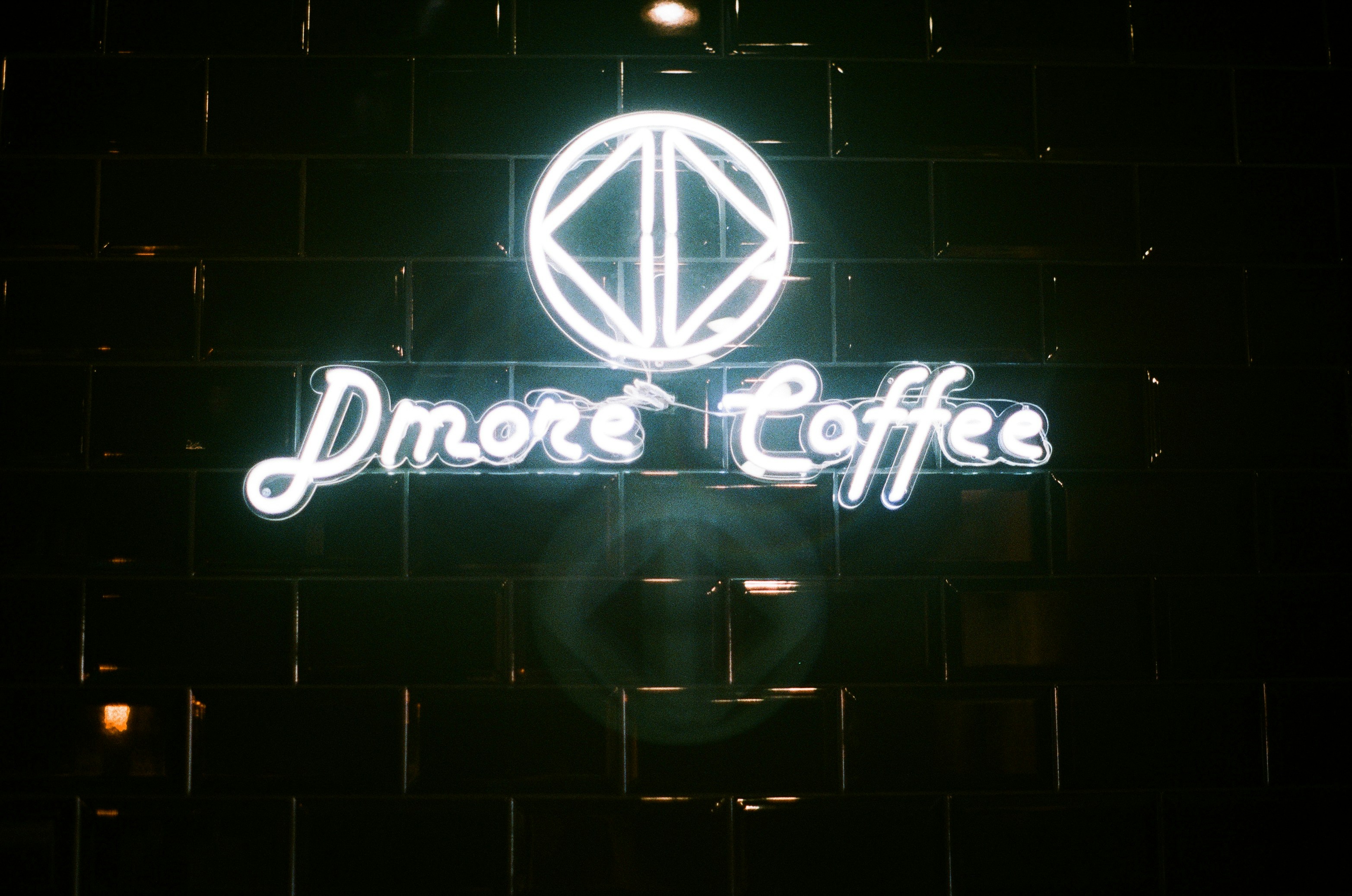Let me paint you a picture you might recognize.
It’s 8pm on a Thursday.
You’re staring at a half-finished client proposal, your third coffee of the day has long gone cold, and your dog is giving you that “we haven’t walked since breakfast” look.
You feel guilty—not just about the dog, but about the invoice you sent yesterday that felt “too high.” Sound familiar?
This is where Steven Bartlett’s concept of “the intentional duality of your rich life” becomes your secret weapon.
During his Diary of a CEO episode with Jaackmaate, Bartlett dropped this bombshell: “A rich life isn’t about choosing between wealth and fulfillment—it’s about designing both, intentionally.”
For freelancers, this isn’t just philosophy—it’s survival.
What Exactly Is This “Duality”?
Bartlett describes it as the daily practice of aligning two parallel tracks:
- External success (money, clients, career growth)
- Internal wealth (time freedom, creative fulfillment, relationships)
Most freelancers fail because they treat these as opposing forces. They either:
- Grind themselves into burnout chasing paychecks (“I’ll relax when I hit six figures”)
- Or undercharge to preserve “freedom,” only to resent their bank account (“I have time, but I can’t afford to enjoy it”)
The magic happens when you stop seeing these as trade-offs and start treating them as interconnected gears in your personal success machine.
The Freelancer’s Time Chips (And How to Bet Them)
Bartlett uses a brutal but brilliant analogy: Every morning, you wake up with 16 “time chips” (assuming 8 hours of sleep).
How you allocate these chips determines your reality.
As a freelancer, your chips might look like this:
- 4 chips: Client work that pays the bills
- 2 chips: High-value projects that excite you
- 3 chips: Skill development (that 10x’s future rates)
- 2 chips: Family/Dog walks/Non-negotiable life
- 5 chips: ???
Ah, there’s the rub. Most of us hemorrhage those remaining 5 chips on:
- Scrolling LinkedIn for “hustle porn”
- Over-editing deliverables that were good enough
- Stress-eating over hypothetical client complaints
The duality mindset forces you to invest those chips deliberately:
- 1 chip: Strategic networking (not desperate pitching)
- 2 chips: Health (that morning yoga isn’t selfish—it’s ROI on your primary asset YOU)
- 2 chips: Passive income systems (because trading time for money has an expiration date)
Why Your “Why” Needs Two Engines
During the podcast, Jaackmaate admitted his early YouTube success felt hollow.
Sound familiar? You land a dream client, crush the project, then… “Is this all there is?”
Bartlett’s solution: Fuel your career with twin engines:
- External “What”: The visible output (blog posts, designs, code)
- Internal “Why”: The invisible driver (autonomy, mastery, legacy)
A client recently told me: “I’ll pay £5k for that whitepaper—nobody knows this niche like you.” Five years ago, I’d have spent a week over-delivering. Now?
- External engine: I quoted £5k, delivered in three days (value-based pricing)
- Internal engine: Used the profit margin to fund a mini-sabbatical for strategic planning
That’s duality in action—getting paid premium rates for your expertise while buying back time to deepen that expertise further.
The Plumber Paradox (And What It Teaches Us)
Bartlett often compares freelancers to tradespeople. When a plumber charges £250 to fix a leak in 30 minutes, you don’t say: “But it only took you half an hour!” You pay for:
- Their 10-year apprenticeship
- The van full of tools
- The 3am emergency call-out guarantee
Yet when a freelancer charges £1k for a project that “only took a day,” we agonize over invoices. The duality mindset flips this:
Your day rate isn’t paying for a day—it’s paying for:
- The decade you spent mastering your craft
- The $20k in courses/conferences that inform your work
- The emotional labor of being “always on” for clients
The Ghost of Freelance Future
Imagine two versions of yourself in five years:
Version A (No Duality):
- Burned out
- Still trading time for money
- Regretting missed family moments
Version B (Intentional Duality):
- 50% client work, 50% passion projects
- Recurring revenue streams (courses, templates)
- Takes August off annually because why not?
The bridge between these versions? Small daily allocations of those “time chips” toward both engines.
So…Imposter Syndrome or Market Dilution?
Earlier this year, a client admitted: “We’re paying you 3x our last freelancer because you don’t make us nervous.”
That’s the duality dividend—when your internal confidence (skills, boundaries, self-worth) directly fuels external success.
The next time you hesitate to hit “send” on an invoice, ask:
“Am I undercharging because I’m not good enough…or because I haven’t embraced that I’m the plumber with the £250 wrench?”
Bartlett’s right: A rich life isn’t about balance. It’s about intentional imbalance—knowing exactly which chips to push across the table today for the tomorrow you want.
Now if you’ll excuse me, I have a dog to walk. Those chips aren’t going to bet themselves.
Want more?
Here’s how I built a freelance business that doesn’t own me.
And if you’re still reading this at 8pm instead of living your rich life?
Book your freelancing coaching session with me here.

















